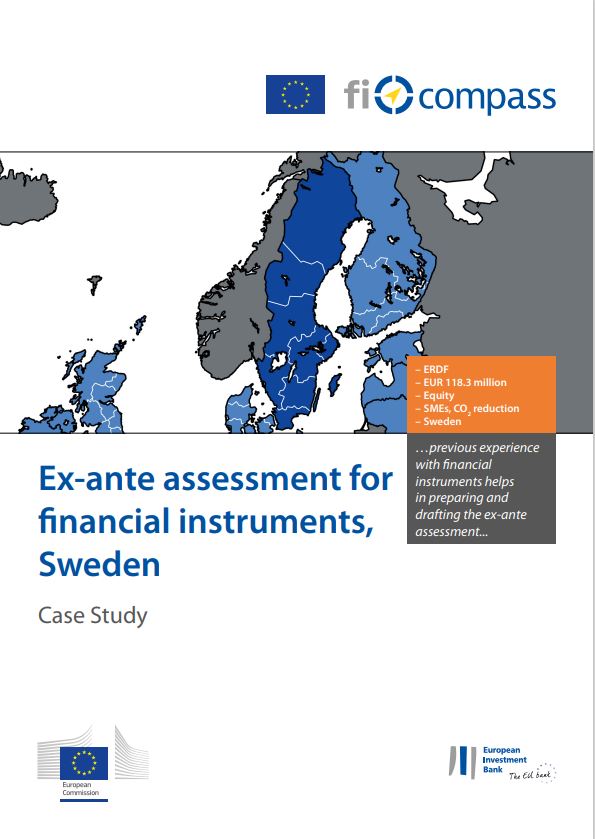The ERDF perspective
ERDF managing authorities and their stakeholders have successfully used equity financial instruments to address financing gaps for potentially high growth companies in their regions. Resources from ERDF Operational Programmes and other public funds have been deployed through financial instruments to:
- Support the creation of an equity investment ecosystem – attracting investors, fund managers and professionals to create venture capital and private equity funds. This in turn helps to generate additional demand, stimulating entrepreneurial activity;
- Scale up the existing equity investment market, using ERDF resources to attract additional private sector investors and extend equity investment into new markets and territories; and
- Boost innovation pathways, providing start-ups with access to finance in succession to or in combination with grant support programmes for entrepreneurs.
EU shared management funds provide an opportunity to address the current deficit of equity finance at European and individual Member State levels.
Through tailored and targeted financial instruments, equity investment operations can play an important role in stimulating economic and social development in Member States, adding value to the economy, creating employment and delivering new services and products inside and outside the EU.
Ex-ante assessment for financial instruments, Sweden
In 2014/15 the managing authority of Sweden undertook an ex-ante assessment into the use of financial instruments to increase the level of venture capital investment available in the country to support SMEs.
Find out more about the ex-ante assessment process undertaken by the managing authority in this fi-compass case study, Ex-ante assessment for financial instruments, Sweden.
Target sectors of ERDF equity financial instruments

Start-up
Start-ups are key to Europe’s future economy and society. They are crucial players to achieve the goals of the EU Green Deal, as well as Member States’ research, development and innovation (RDI) agendas, and digital transition.
VC funding provides equity investment, support and guidance to start-ups with high-growth potential, supporting product development, business strategy, go to market and commercialisation. VC fund managers also advise and guide founders, making hiring easier and reducing innovative companies’ overall risk.
Research and innovation companies
Europe is a fertile ground for innovation in sectors including; environmental technologies, sustainable mobility, energy, health, agri-food, aerospace, smart, secure and sustainable communities, etc. ERDF equity financial instruments can provide financing in highly innovative sectors where traditional financial actors are often averse to funding projects due to the high risks.
When addressing businesses in the innovation sector, equity investment funds target researchers and innovators during their idea formation and research stage. Fund managers often scout universities and RDI centres in order to identify business opportunities and support entrepreneurial ventures of researchers.
Scale-ups
Growth equity capital providers invest in SMEs during their growth phase and larger companies with established businesses and strong sales that have the potential for significant growth in the future – the so-called ‘scale-ups’.
This class of enterprise often include larger enterprises that have a business plan with dominant focus on R&D and/or innovation. Equity financing can be attractive to growing companies, providing finance up-front to the entrepreneurs to be used to invest in the growth of the business.

Energy transition in The Hague
The ERDF backed ED Fund, set up by the city of The Hague, made an equity investment in a company developing a major geothermal heat station in the city. The investment enabled the heat station to be safeguarded and, together with further investment, brought into operation. The heat station will provide low carbon heat to over 4 000 homes in the city’s southwest neighbourhoods.
